On World Tourism Day this Saturday, a celebration observed by the UN's World Tourism Organization, I found myself in Jordan on a week-long trip with journalists, content creators, tour operators, travel industry leaders, and travel agents from around the world.
Nearly 700 opinion-makers and influential voices have arrived to travel 'with purpose' and 'in community'.
The week was spent visiting Jordan's magnificent sites like the Nabataean capital of Petra, the Roman ruins in Jerash, the desert landscapes of Wadi Rum, the Citadel of Amman, and the Dead Sea, the lowest point on Earth.
But one critical part was missing: context.
Throughout the week, we heard a lot about ‘meaningful travel’. Yet, the buzzword rang hollow without acknowledging, understanding, and speaking clearly about the realities of the country we’re traveling in.
People of Jordan have had to live with the effects of the occupation next door for 77 years, with many aspects of their lives directly impacted by it.
To disregard this reality in 2025 and to see Jordan as another fun destination to explore perpetuates colonial, capitalist worldviews and is, frankly, a disservice to both the traveler and the host.
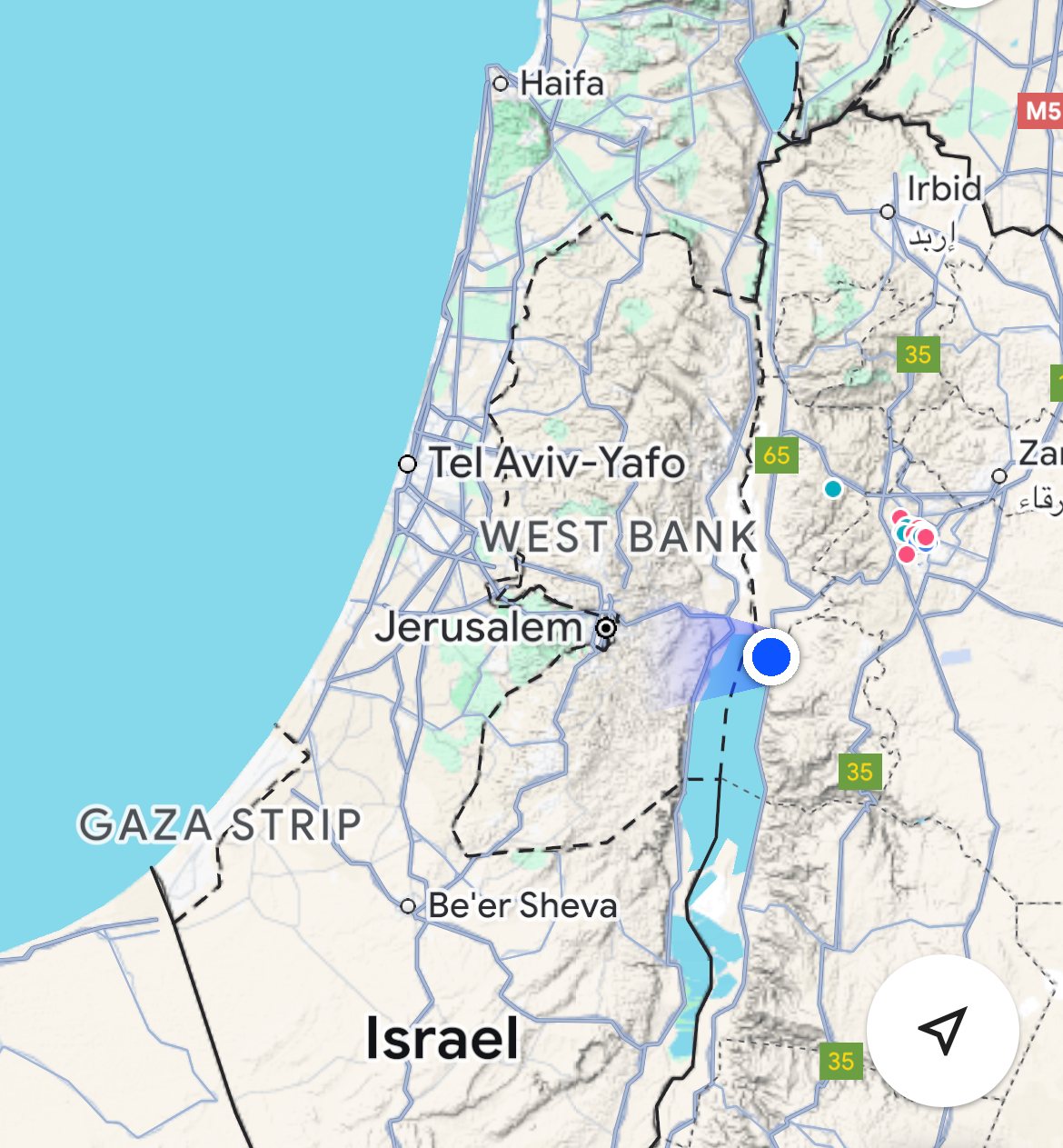
'Community' is another word we’ve heard frequently this week, so let’s talk about Jordan’s community.
Over a third of Jordanians are either more recent Palestinian refugees or the descendants of the 1948 Nakba survivors.
Jordan hosts THE LARGEST number of Palestinian refugees worldwide, with every two out of ten living in refugee camps near Amman.
How do we travel to a place where many Palestinians live without acknowledging the ongoing genocide of their loved ones and relatives 80 miles away, across the border?
What about another popular word, 'sustainability'?
Jordan is the second-most water-scarce country in the world.
Shouldn’t a traveler, who most certainly consumes water in Jordan, be aware of this fact and its causes from the moment they touch the ground?
The Israeli government has been violating the water rights of its neighboring countries, Jordan and Syria, for decades. Since 1964, it has been pumping water from the Sea of Galilee into the Negev desert, desiccating the Jordan River, and preventing joint Jordanian and Syrian water projects.
A 2020 study cites (emphasis ours):
“The Israeli theft of the Jordanian waters is the main factor in the Jordanian water crisis. …
Israel stood against the construction of the [al-Wihda] dam and its financing from the World Bank. …
It also DEMANDED that Jordan recognize ITS RIGHT to excess water, which Israel has been carrying for several years from the Yarmouk river to the Sea of Galilee.”
The effects of this decades-long violation are on display at the Dead Sea, which feeds from the Jordan River and is shrinking at the rate of three feet a year. We floated in its waters. Shouldn’t we know why it’s disappearing?
Nearly every family in Jordan is impacted by the shortage of water, not to mention the businesses we visited and the accommodations we stayed in, from simple guesthouses to million-dollar hotels.
Jordan’s agriculture and the livelihood of local farmers have also been affected by this manmade crisis, in turn impacting the local produce that ended up on our plates at dinners.
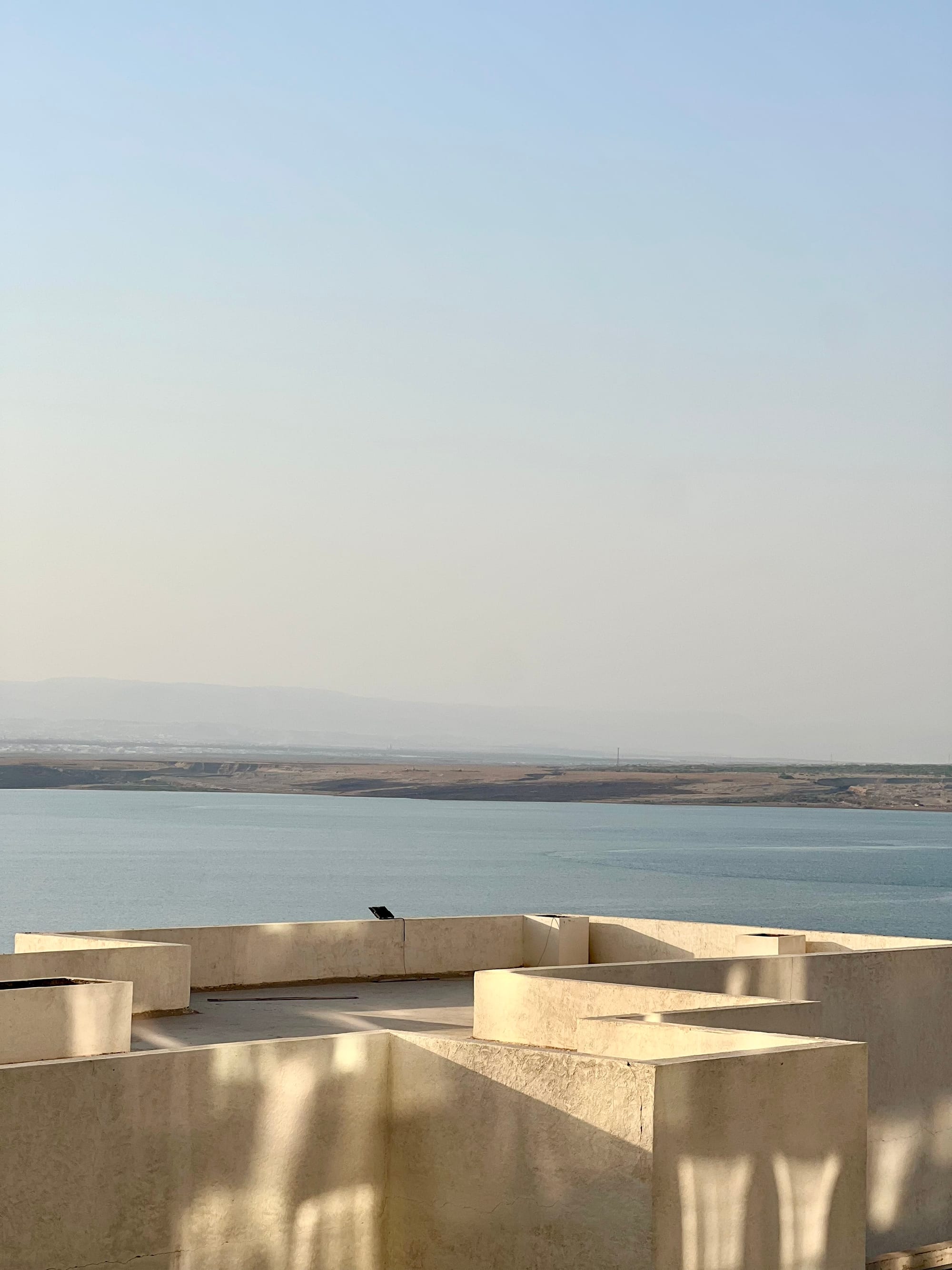
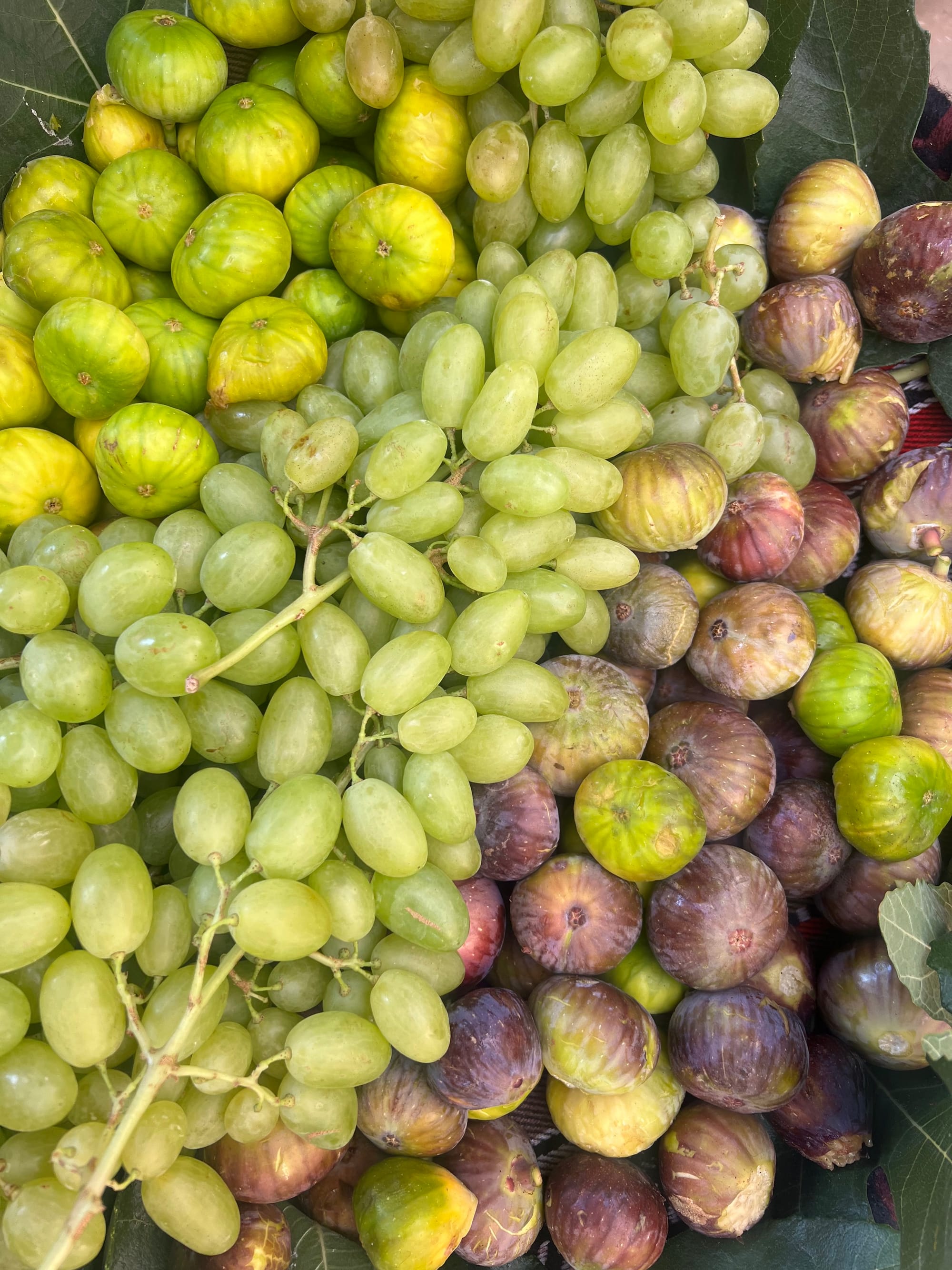
1 - Dead Sea, facing the occupied West Bank; 2 - The northern city of Jerash
Can we travel as usual with a genocide next door?
There are many different ways to travel. Sometimes we travel for fun, or to disconnect from our worries.
But can we really afford to travel without context in a world ridden with climate change, racism, and colonial capitalism?
Can we travel as usual with a genocide next door?
Who benefits from a trip like this?
These are the hard questions we should be asking on World Tourism Day and every day, as leaders in travel and as people with humanity.

Radostina Boseva is our Founding Member
Radostina Boseva is a film wedding photographer with an editorial flair based in San Francisco.
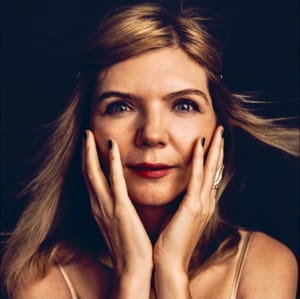
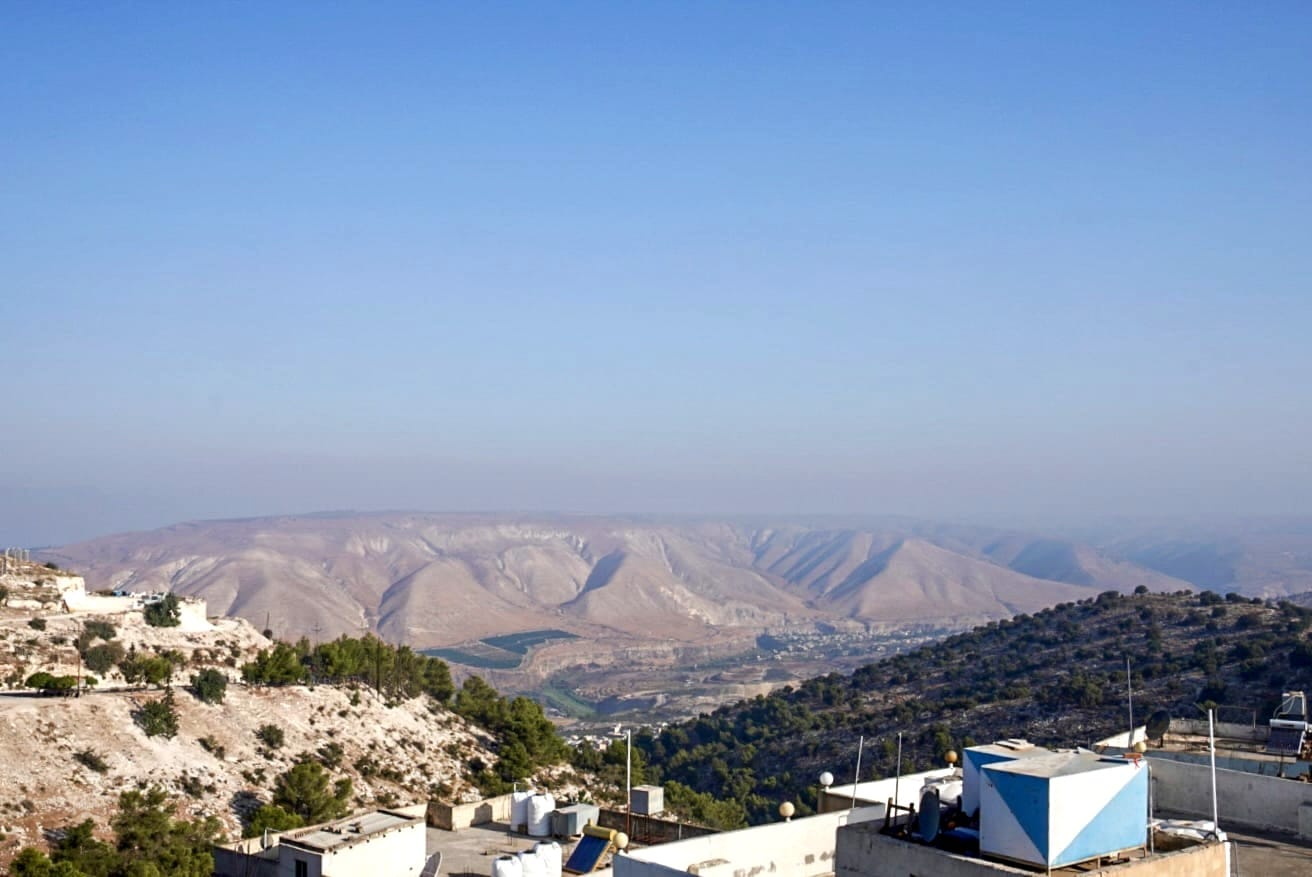

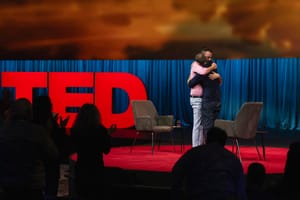
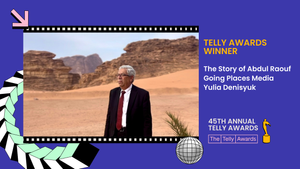
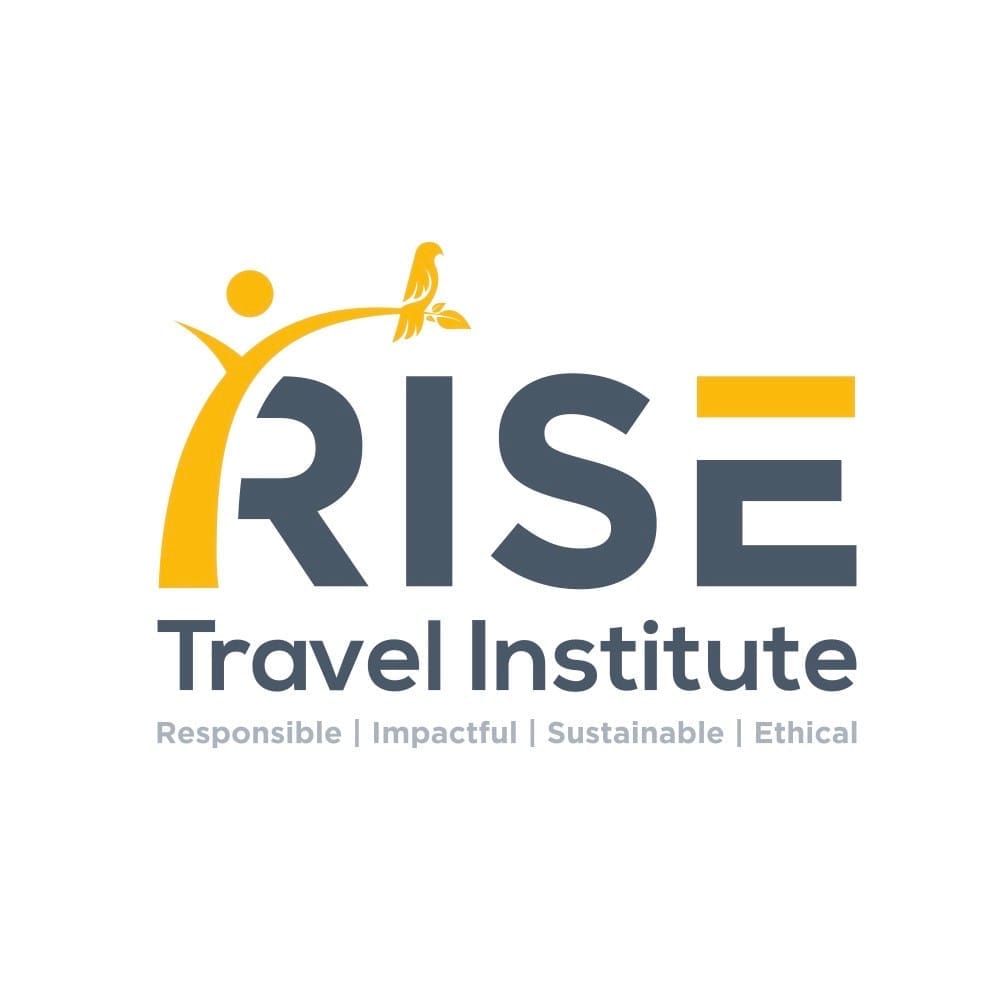
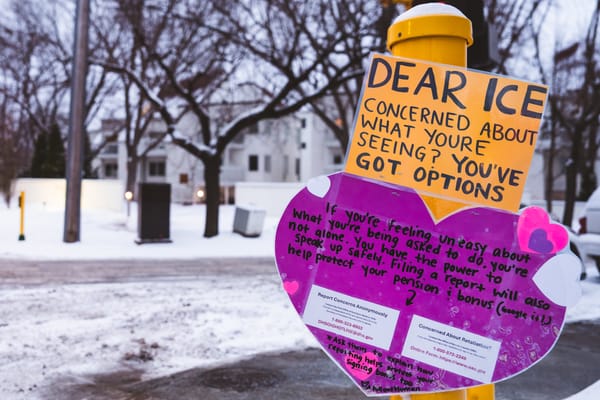
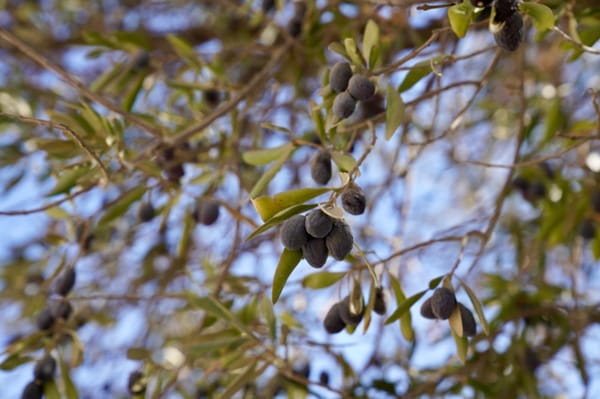
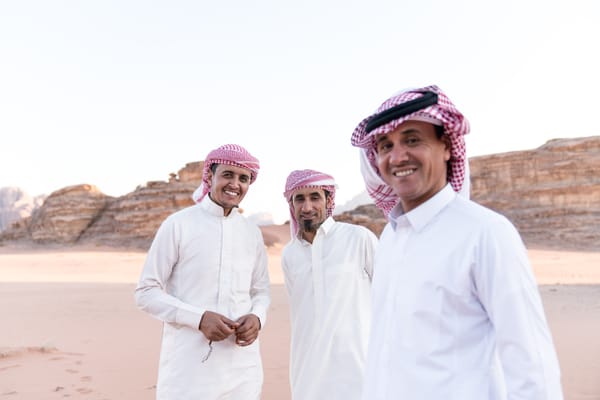
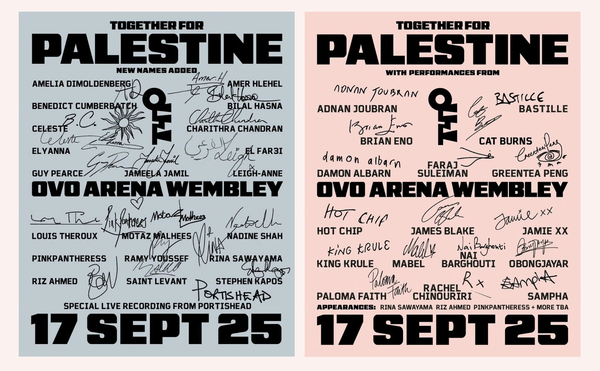

Member discussion